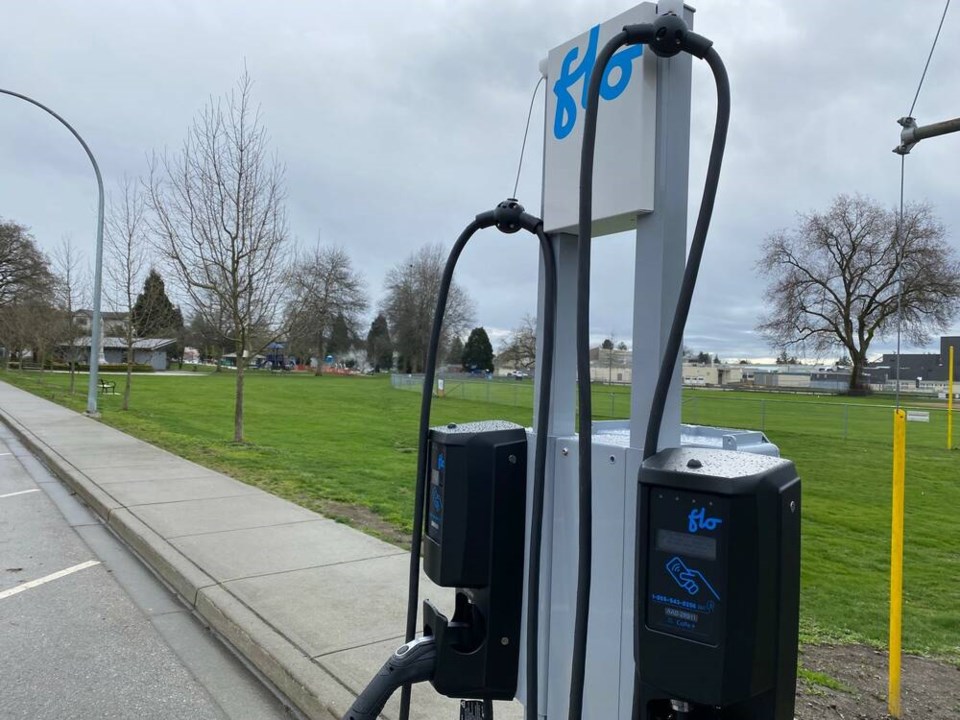City staff have completed an updated Community Energy and Emissions Plan for Delta.
The plan is a long-term vision that sets out ways that, “Delta can assist and encourage local businesses and residents to undertake measures to achieve greenhouse gas emission reductions throughout the community. It sets out a series of realistic actions to reduce energy consumption and costs, improve air quality and health, encourage alternative transportation choices, create new jobs and business opportunities, and reduce the community’s contribution to climate change.”
It considers the updated greenhouse gas reduction targets in the Official Community Plan (OCP) and lays out actions in three categories: infrastructure, policy, and public engagement.
The new plan was to be discussed and considered by council at their April 8 meeting in North Delta, but it was decided the lengthy report required a detailed power point presentation by staff and an opportunity for a longer, more fulsome discussion at another meeting. Due to what was described as the complexity of the report, it was also agreed that the plan should be broken into separate sections for discussion.
The making of the plan included a couple of rounds of public consultation over the past two years.
The last round of engagement asked residents’ input on such “big moves” as reducing emissions, considering electrifying transportation, active transportation and transit, new buildings that are energy efficient and low carbon, as well as retrofitting existing buildings.
The earlier round of public engagement found that participants feel a personal sense of responsibility to help reduce emissions that contribute to climate change and are looking to the city to lead by example.
They would like to see, among other things, more fast charging infrastructure and electric vehicles (EV) become more affordable.
An earlier staff report on those engagement results noted, “There is a belief that EV adoption is hampered by high cost of vehicles, limited charging options and long wait times at those fast chargers that do exist. It was noted that the City’s EV strategy, when implemented, will make charging easier especially for residents in multi-unit buildings.”
Delta’s first Community Energy and Emissions Plan was endorsed by council in 2013.




